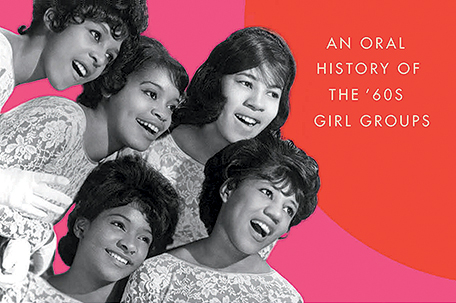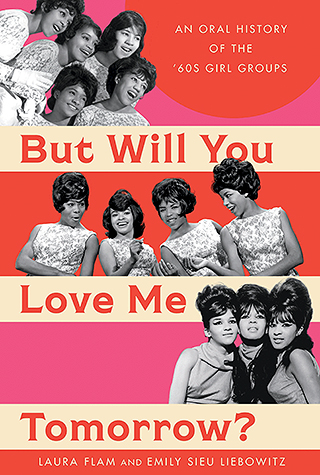
NEW YORK — Mariah Carey’s been thawed and holiday music is in the air. But 60 years ago, on November 22, one of the most important holiday albums of all time was released: A Christmas Gift for You from Phil Spector.
Named the greatest Christmas album of all time by Rolling Stone, the album featured songs by some of the most popular girl groups, stories about whom authors Laura Flam and Emily Sieu Liebowitz have captured in their fall release “BUT WILL YOU LOVE ME TOMORROW? An Oral History of The ’60s Girl Groups” (Hachette Books). The book shines the spotlight on the often ignored young women and girls who defined the girl group era — which peaked in 1963 — and changed music history forever.
Among the now-lauded album’s offerings were “Frosty the Snowman,” “Sleigh Ride” and “I Saw Mommy Kissing Santa Claus” from The Ronettes, “Santa Claus is Coming to Town” and “Rudolph the Red-Nosed Reindeer” from The Crystals and one of the most popular holiday songs of all time Darlene Love’s classic “Christmas (Baby Please Come Home),” a song that Spector tried to prevent Love from singing. In “BUT WILL YOU LOVE ME TOMORROW?”, Flam and Liebowitz capture the behind-the-scenes battle that wrested control of the song for Love (a group member of The Blossoms), a fight which eventually involved Steven Van Zandt and David Letterman. Music icon Cher sang background on the album.

Released the same day that JFK was assassinated, the album flopped. The nation was in mourning, not in the holiday spirit. But the Spector Christmas album was rereleased in the early 1970s and took on a life of its own. The Ronettes “Sleigh Ride” entered the top 10. The album also made Rolling Stone’s greatest albums of all time. Subsequent rereleases have seen the album chart well into the 2020s.
The girl group sound, epitomized by acts like The Ronettes, The Crystals, The Shirelles, The Supremes and The Vandellas, not only provide the magic for the holidays, it revolutionized American pop music. Yet while songs like “Will You Love Me Tomorrow,” “Then He Kissed Me,” and “Be My Baby” are instantly recognized, too often the women behind the hits have remained virtually anonymous.
Published during the 60th anniversary of the height of the girl group era, “BUT WILL YOU LOVE ME TOMORROW? An Oral History of The ’60s Girl Groups” gives the microphone to the women to tell their own stories, stories that capture the moment and help us forge a deeper connection to the songs and singers.

















Leave a Comment